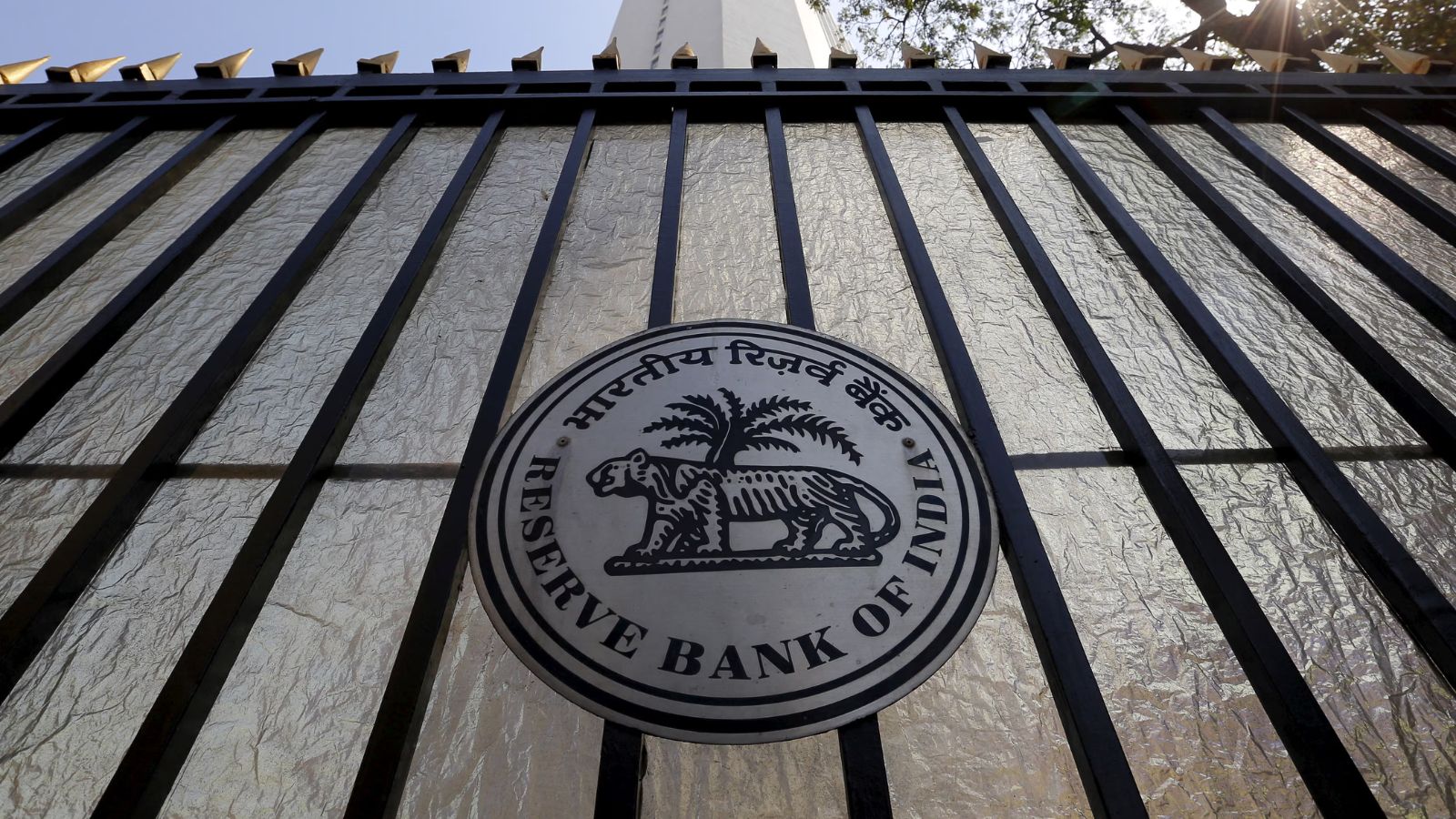RBI flags geopolitical risks as key threat to cross-border payments
According to the central bank, sanctions, financial restrictions, and other operational barriers can disrupt market access and payment channels.
 The central bank is also pursuing multiple initiatives to enhance cross-border payments by linking India’s Unified Payments Interface (UPI) with fast payment systems (FPS) of other countries.
The central bank is also pursuing multiple initiatives to enhance cross-border payments by linking India’s Unified Payments Interface (UPI) with fast payment systems (FPS) of other countries. The Reserve Bank of India (RBI) has said that geopolitical risks — including sanctions and restrictions on financial systems — have emerged as major factors shaping the future of cross-border payments.
“Geopolitical tensions pose significant risks to cross-border payments and financial flows, given the centralised nature of global financial infrastructure and dependence on a few settlement currencies,” the RBI said in its latest report on payment systems.
According to the central bank, sanctions, financial restrictions, and other operational barriers can disrupt market access and payment channels. In response, some affected countries are exploring bilateral or multilateral alternatives to reduce their exposure to such disruptions.
As part of its Payments Vision Document 2025, the RBI said it has been working with international partners to reduce friction in global payment systems. One of the key problem areas identified is the delay in crediting inward cross-border remittances to beneficiaries. To address this, the RBI has launched a review to identify bottlenecks in the remittance process and recommend measures to make settlements faster and more efficient.
The central bank is also pursuing multiple initiatives to enhance cross-border payments by linking India’s Unified Payments Interface (UPI) with fast payment systems (FPS) of other countries. These collaborations aim to simplify personal remittances and enable QR-based UPI payments at overseas merchant locations.
India has joined Project Nexus, a multilateral initiative involving Malaysia, the Philippines, Singapore, and Thailand, to interlink domestic FPSs and facilitate instant cross-border retail payments.
So far, UPI-based QR code payments have been enabled in Bhutan, France, Mauritius, Nepal, Singapore, the UAE, and Qatar — allowing Indian travellers to make direct payments to merchants through their UPI apps.
India continues to lead the world in inward remittances, receiving a record $137.7 billion in 2024 — more than twice the inflows to Mexico, which ranked second at $67.6 billion. The RBI said this highlights India’s dominant role in the global remittance market, supported by a large overseas workforce whose contributions bolster foreign exchange reserves and economic stability.
The report also noted the rapid expansion of India’s domestic payment ecosystem. Transaction volumes surged from 3,248 crore in 2019 to 20,849 crore in 2024, while total value jumped from Rs 1,775 lakh crore to Rs 2,83,010 lakh crore during the same period. In the first half of 2025 alone, payment volumes stood at 12,549 crore, with transactions worth Rs 1,572 lakh crore.
- 01
- 02
- 03
- 04
- 05































